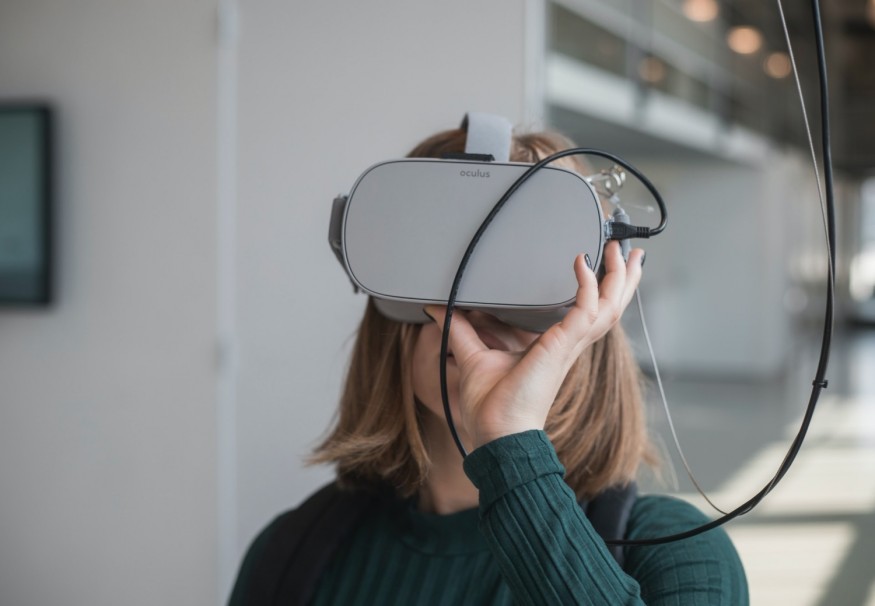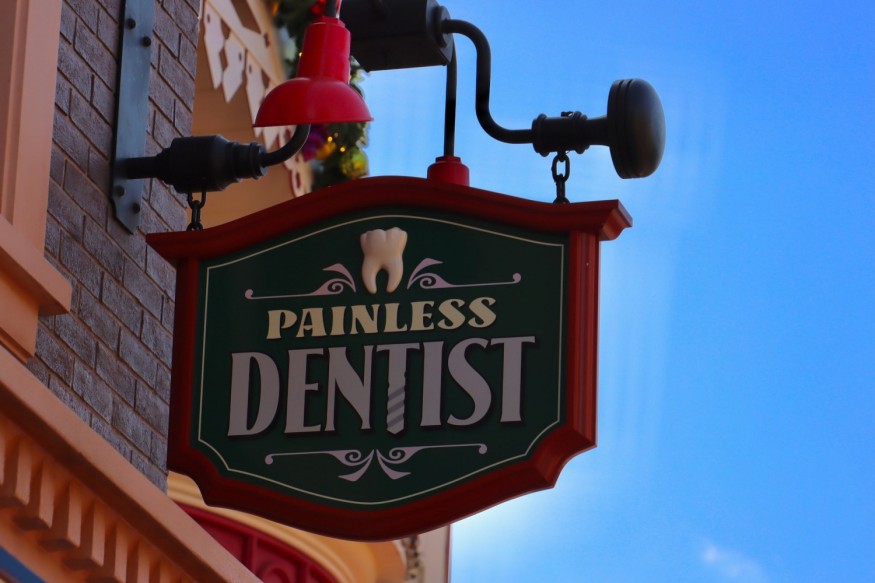
There is often a certain energy or excitement around inventions being used in an unrelated field. When a physicist in the 1930s discovered nuclear magnetic resonance, little did he know his work would be the foundation of MRI technology. Similarly, when IVR (Immersive Virtual Reality) took the gaming industry by storm, no one would have foreseen the technology's potential in the medical field, but here we are.
Local and regional anesthesia has been instrumental in helping patients get rehabilitated and discharged from the hospital faster. Regional anesthesia patients might experience anxiety because they are awake during surgery, seeing and hearing everything. This is where VR immersion as a distraction method comes in. Distraction methods reduce anxiety and pain in patients while increasing satisfaction post-surgery.
IVR can be used as a part of moderation sedation, although there is a chance the patients get cybersickness - a type of motion sickness that VR (Virtual Reality) can trigger in some people. It is suggested that staying hydrated leading up to an IVR session and picking programs that feature slow moving scenery can be useful in preventing cybersickness in patients. A patient on conscious sedation is monitored to avoid administering too much anesthesia because it can lead to devastating effects like low blood pressure or respiratory failure. Medical professionals are advised to take moderate sedation training to learn the best practices and techniques to make the procedure as comfortable as possible for their patients.
Exploring the Sedative Effect of VR
In December 2016, the FDA (Food and Drug Administration) dropped the bombshell that a warning would be added to the labels of most anesthetic drugs. The FDA warning states, "Repeated or lengthy (more than 3 hours) use of general anesthesia or sedation drugs during surgeries or procedures in children younger than 3 years of age, or in pregnant women during the final trimester, may affect the development of children's brains."
Children's social life and cognitive abilities can be severely affected in the short term, which has fueled the need to reduce the impact of anesthesia. Despite IVR being a non-medical procedure, it has massive potential in the medical field. The visuals calm patients as they can get lost in another world and forget the present. Below are explained some cases where this technology is best suited for.
Perioperative Anxiety
Surgery is stressful, and about 80% of patients experience perioperative anxiety due to fear of pain, death, and complications. Perioperative anxiety can lead to more anesthesia, painkillers, and the patient spending more time in the hospital than necessary.
Research shows that patients who used VR immersion had lower anxiety levels during and after surgery than those who didn't. Before surgery, VR can familiarize the patient with the operating room and calm them down. During surgery, VR immersion is a powerful distraction from such a stressful and painful situation.
The visuals preoccupy a patient's mind, which explains why they have less perioperative anxiety than patients who didn't use VR. Less perioperative anxiety means higher patient satisfaction levels and lower use of anesthesia.
Procedural Anxiety
Procedural anxiety is the fear of any medical procedure that the patient anticipates. It can be due to the recollection of a past procedure or fear of pain, be it actual or perceived. Patients undergoing surgery under regional anesthesia were administered premedication with IVR in a clinical trial. It was found that premedication with IVR was more effective than midazolam in reducing anxiety levels in patients.
Regional anesthesia has been shown to have a good analgesic effect that helps patients discharge faster. However, the patient has to see and hear everything in the operating room, which can cause anxiety and discomfort. IVR creates a virtual world in which the patient is immersed and completely forgets their reality on the operation table.
The potential of IVR as a non-pharmacological solution to procedural anxiety has enormous potential and advantages in the medical field. It reduces the postoperative recovery time for patients, healthcare costs, and the use of sedatives.
Dental Procedures

Dentists are like the bad boys of medicine - everybody fears visiting them. Imagine visiting a dentist with the Oculus Quest ready to whisk you to a virtual world as the dentist operates on you. VR distraction in dental treatment reduces fear and anxiety in children and adults with mild to moderate symptoms. Studies found that oxygen levels and heart rate were also significantly reduced in patients before, during, and after dental procedures. Adults having their teeth removed and children having dental procedures were also found to respond the same way.
Virtual reality gives the patient an immersion experience that results in less anesthesia, which benefits the healthcare industry. Caregivers can use VR immersion without worrying about the dangerous effects of sedation overdose such as low blood pressure, airway obstruction, and fatal complications. On the other hand, patients experience less anxiety and are discharged from hospitals earlier than those who don't experience VR immersion.
What the Future Holds
As VR technology advances in the gaming world, its effectiveness and usage will continue to rise in the medical field. The technology isn't short of investment, which means it will get better and cheaper in the future. The healthcare industry has tested, utilized, and appreciated the effects of VR immersion technology and should not fall behind in researching it. Further technology development is essential as we try to make patients as comfortable as possible in the operating room.
We can use VR technology before surgery to give the patient a slight idea of what's to come, and it's been shown to have a calming effect on them. During surgery, patients experience less pain and anxiety. Patients are more satisfied after surgery and are discharged earlier. The healthcare industry would be unwise not to further explore the limits of this amazing technology.
© 2026 NatureWorldNews.com All rights reserved. Do not reproduce without permission.





